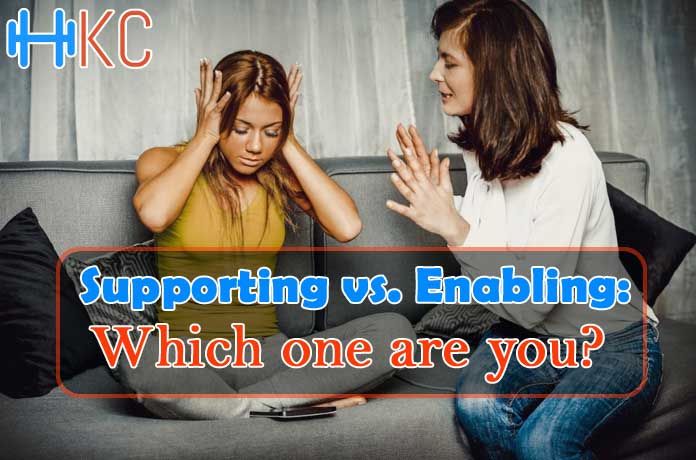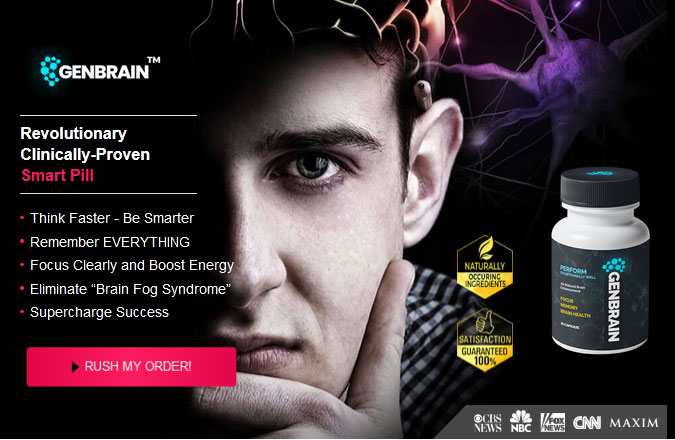Substance use addiction is challenging, and no one wants recovery more than someone wants it for themselves.
One’s own mental and emotional health can suffer from witnessing a loved one’s struggle with substance abuse. Even if the drug abuser is a family member, a close friend, or even a romantic partner, their addiction can engulf you. It can add to your stress, strain your tolerance, deplete your bank account, and leave you feeling guilty, humiliated, angry, afraid, irritated, and depressed.
Television shows have perpetuated the myth that if we can coerce loved ones into seeking treatment, they will recover. While there is no way of knowing what those success rates are, the best course of action for someone struggling with substance use disorder is to decide for themselves when they are ready. It’s natural to love and support your loved one in the healthiest way possible until that time comes, but at what point does that support become enabling?
Supporting
According to the American Psychiatric Association, effective treatments are available for substance use disorders.
However, the first step is to acknowledge the problem. When people are unaware of their problematic substance use, the rehabilitation process can be impeded. Although concerned friends and family members frequently initiate treatment, self-referrals are always appreciated and encouraged.
A conversation about someone’s drug addiction might be difficult to start, but you must approach it with compassion and understanding. Addiction is a choice that no one makes.
It is common for people to turn to drugs in an attempt to deal with trauma or mental health issues. Criticizing, scolding, or shaming them will alienate them and encourage them to seek extra solace through substance misuse because stress tends to feed addictive behavior.
When it comes to substance abuse, you have the right to keep your distance and not assist the addict in their conduct and addiction. Setting reasonable boundaries and enlisting the help of competent professionals is always a good idea. These professionals can provide specific instructions to be followed such as to swallow suboxone in order to combat addiction, click here for more information.
It takes courage and fortitude to admit that you need treatment for your alcoholism. If you’re an alcoholic, this is your best option. Many people wait until they are at their wits’ end before seeking help for their mental health issues. Anyone struggling with alcoholism or addiction can find healing and hope in alcoholism treatment programs, no matter what stage they are at. There can be no worse than better.
There are various treatment options available for alcoholics, but figuring out which one is right for you can be a challenge. Recovering individuals who struggle with addiction can stay clean and sober by attending meetings and support groups.
Enabling
An individual’s rehabilitation is harmed when “enabled” or “empowered.” Enablers frequently want to ignore all the evidence in front of them to keep their loved ones safe and secure in their affections and company. Instead, they are putting their loved one’s life at risk by refusing to accept the reality of the situation.
A broader definition of enabling refers to a pattern of conduct that develops among a person’s family and friends when they take actions that harm themselves or others but are not held accountable.
As a result of the intense feelings of love and familial loyalty, family members may unintentionally take on the role of enablers. It is natural for people to desire to help those in need.
For those who have lost their jobs or homes because of drug addiction, aiding them by providing money or lodging only perpetuates the cycle of substance misuse. It prevents the addict from facing their issues and making changes.
Dangers of Enabling
- Enabling facilitates the individual suffering from addiction a capacity to escape obligations and access the finances necessary to purchase their drug of choice.
- They may develop such a dependence on your enabling behavior that they begin to want more than you can supply, and if you refuse, they may become angry or resentful. On the other hand, the more times you say “yes,” the more difficult it is to say “no.”
- Even if they are unaware, the stress associated with caring for a loved one addicted to drugs or alcohol can have a detrimental effect on their physical and mental health. Allowing this addiction to continue uncontrolled will deteriorate your and your loved one’s health.
How to stop enabling
If you enable your loved one, it doesn’t mean you’re okay with their addiction or any other bad behavior. Is it frightening to know that the outcome will be significantly worse for all if nothing is done?
Enabling, on the other hand, should be avoided at all costs. Your loved one and those who are close to them may suffer long-term consequences as a result. If a person is uninformed of the full consequences of their actions, it is difficult for them to seek help.
Here are some simple steps you can take to stop enabling:
- Establish boundaries and uphold them
- Actively encourage the individual to get help
- Learn to be comfortable to say “no”
It is important to note that addiction affects the individual and everyone in the household.
The enabling trap should be avoided by making a concerted effort to provide emotional support while also being aware of it. Supporting without enabling is essential because it allows the family to completely support their loved one’s actions toward significant life changes without performing the work themselves.
When you’re attempting to help someone who’s addicted to drugs, you may feel irritated, regardless of whether or not they seek assistance and recover or if they have already sought therapy and relapsed. Addiction is a tough enemy, so keep that in mind. However, there is a ray of hope.
When you care for a loved one battling substance misuse, it is critical to educate them about their actions. Awareness of their behavior is essential to ensure that they are not left to deal with their problems on their own. Additionally, if you know of any therapy or recovery programs, take advantage of this opportunity to share your insights.
Those in the early stages of recovery from substance misuse are likely to have difficulties in their sobriety. Sobriety can be stressful for some people, and when they don’t know how to handle it, they fall back into old behavior patterns.
One of the best ways to avoid a relapse is to freely and honestly communicate with your loved one about your feelings and concerns. You can ask them about their day, mood, and whatever else is on their minds. Ensure they are cared for by asking and listening to their concerns. Additionally, they should be aware that someone is always accessible to speak with them if they desire.
Contact Us
If you require any assistance with any of the information above, don’t hesitate to get in touch with us. Our specialist will assist you and your loved one in leading a more fulfilling and healthy life.















